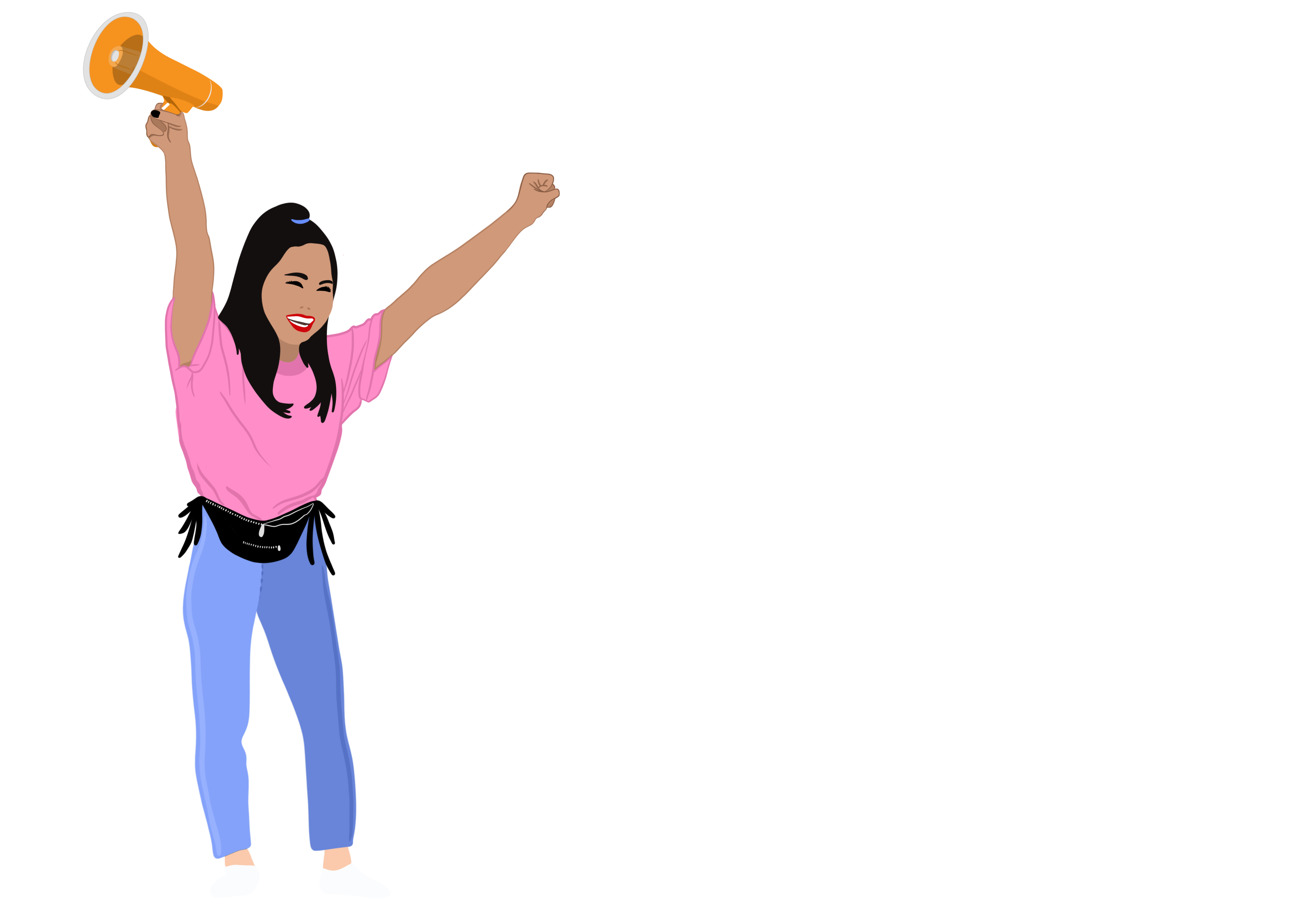CHOICE's exploration of the 25th EU-NGO forum on Human Rights
An Interview with Advocacy Coordinator, Veerle Dams
What is the EU-NGO Forum on Human Rights?
It is a forum organised by the European Commission, the European External Action Service (EEAS) and the Human Rights and Democracy Network (HRDN) in Brussels, taking place on the 4th and 5th of December 2023. This was the 25th year it was organised, and every year it has a different theme that relates to human rights. This year it was “Youth as actors of change for human rights”, the first year to focus on youth! The forum serves as an opportunity to discuss the work of young human rights defenders (HRDs) and the threats and challenges they face around the world, and to identify ways to engage meaningfully in shaping the future of human rights.
What went down?
The idea was that the first day was focused on protection, and the second on participation of HRDs. There was an opening ceremony with some high-level representatives of the EU and inspiring youth HRDs on a panel. There were also strategic discussions on how we envision the next two decades of human rights, as well as thematic sessions on various topics that affect youth, such as freedom of expression, media and digital, gender and LGBTQI+ rights, conflict and peace, environment and climate justice, and democracy and the rule of law.
We also discussed regional dynamics and trends, and young HRDs had the opportunity to voice their needs, barriers they face, and threats they have received on their work with the EU representative of their region. Additionally, there were workshops on the EU funding cycles, lobbying towards the EU, EU protection policies and more. Finally, there was a documentary screening to commemorate the international day of human rights, plus a little networking cocktail/dance party!
What were some noteworthy things that happened?
There was a protest during the keynote speech of Josep Borrell, EU Chief of Foreign Policy, by young HRDs, including CHOICE, to demand the EU to take responsibility and to stop the genocide in Gaza. This was in reaction to the speech of Borrell, in which it seemed like he was questioning the number of deaths reported by Palestinians on the genocide, and of course protesting the overall discrepancy of the EU organising a forum on human rights when the EU has been failing to protect the human rights of Palestinians. I think it was a strong way to bring activism within an EU institution; to stand up for our beliefs and values, and to be a disruptive voice in a context where it matters.
In contrast, another thing that feels important to mention was after the networking event, when there was a moment for dancing, it felt like a time for connection and playfulness of young people after a super intense day. Often when we go to UN events there is no time to breathe or have fun in a playful way; this time it was nice to be able to dance it out. It was an unexpected ending to the day.
As a young person in this space, what are some reflections you had?
It was great to meet young HRDs from other social movements. At CHOICE we aim to connect more on uniting youth voices and collaborating more with other social justice movements; it was a great way to explore what other human rights networks are doing. It was interesting to see that other HRDs, regardless of the topic they work on, face the same barriers and see some of the same opportunities that we do. It was good for CHOICE to get out of our own niche and learn more about other social movements.
There is room to improve in terms of Meaningful and Inclusive Youth Participation (MIYP), such as inclusivity and cultural sensitivity. Some facilitators of small group discussions were quite intimidating, and some of the sessions could have been more youth friendly; such as being more interactive, including energisers, having less dense information, more information targeted towards young people starting from a basic level for youth who haven’t engaged in the EU before. Additionally, having more session arranged by young people themselves would have been great to see. In some ways it felt quite extractive; it felt like the EU was extracting a lot of information for recommendations for the EU and the UN, rather than we as young people getting something out of it. I still don’t understand how I need to lobby towards the EU, nor do I understand how the different EU institutions work. Moreover, despite the diverse group of participants, including EU decision-makers, I didn’t feel like I had the chance to actually talk to decision-makers, for example about funding opportunities or CHOICE’s YouthUpUN Campaign.
What happens next?
We should focus on the accountability of the EU – we can follow up on the commitments they made towards youth, such as the EU Youth Strategy and the Youth Action Plan, and use such commitments in international advocacy spaces such as the UN Human Rights Council. The EU said they are the biggest donor of gender equality and they find youth very important, so it is interesting to see how we can engage on these commitments going forward, especially with regards to the EU elections next year.




 Previous News article
Previous News article